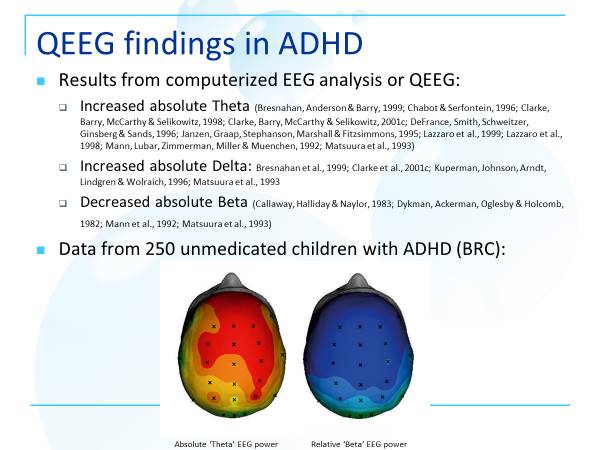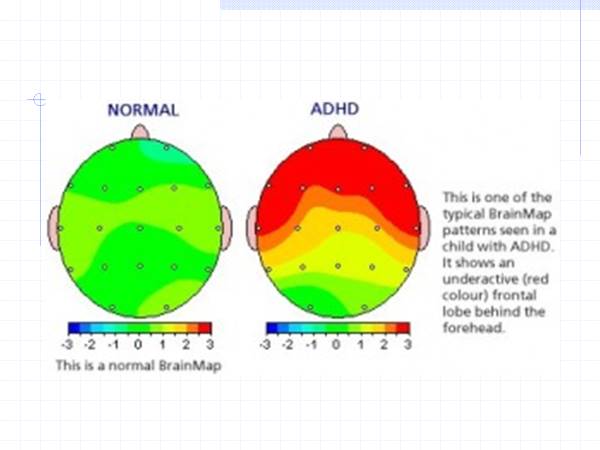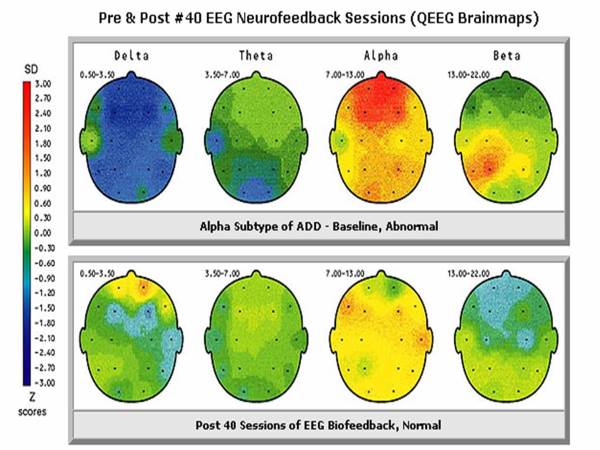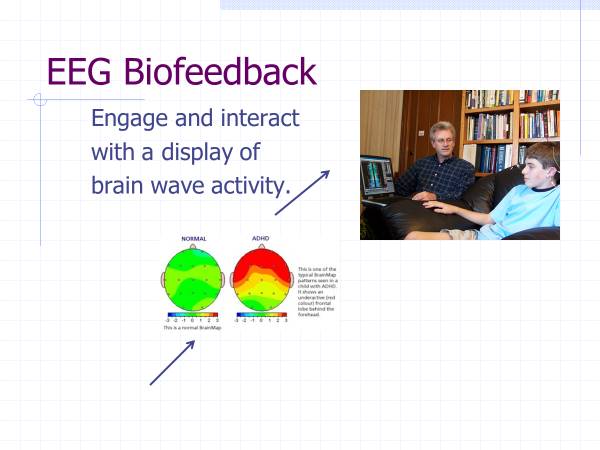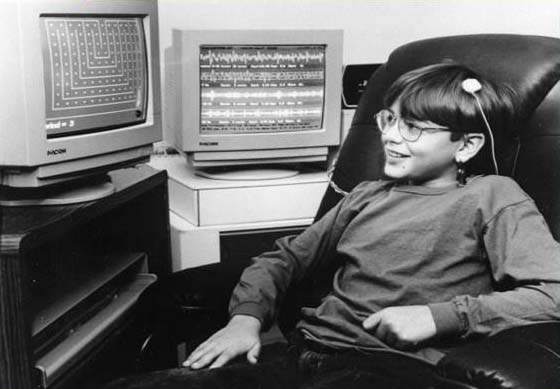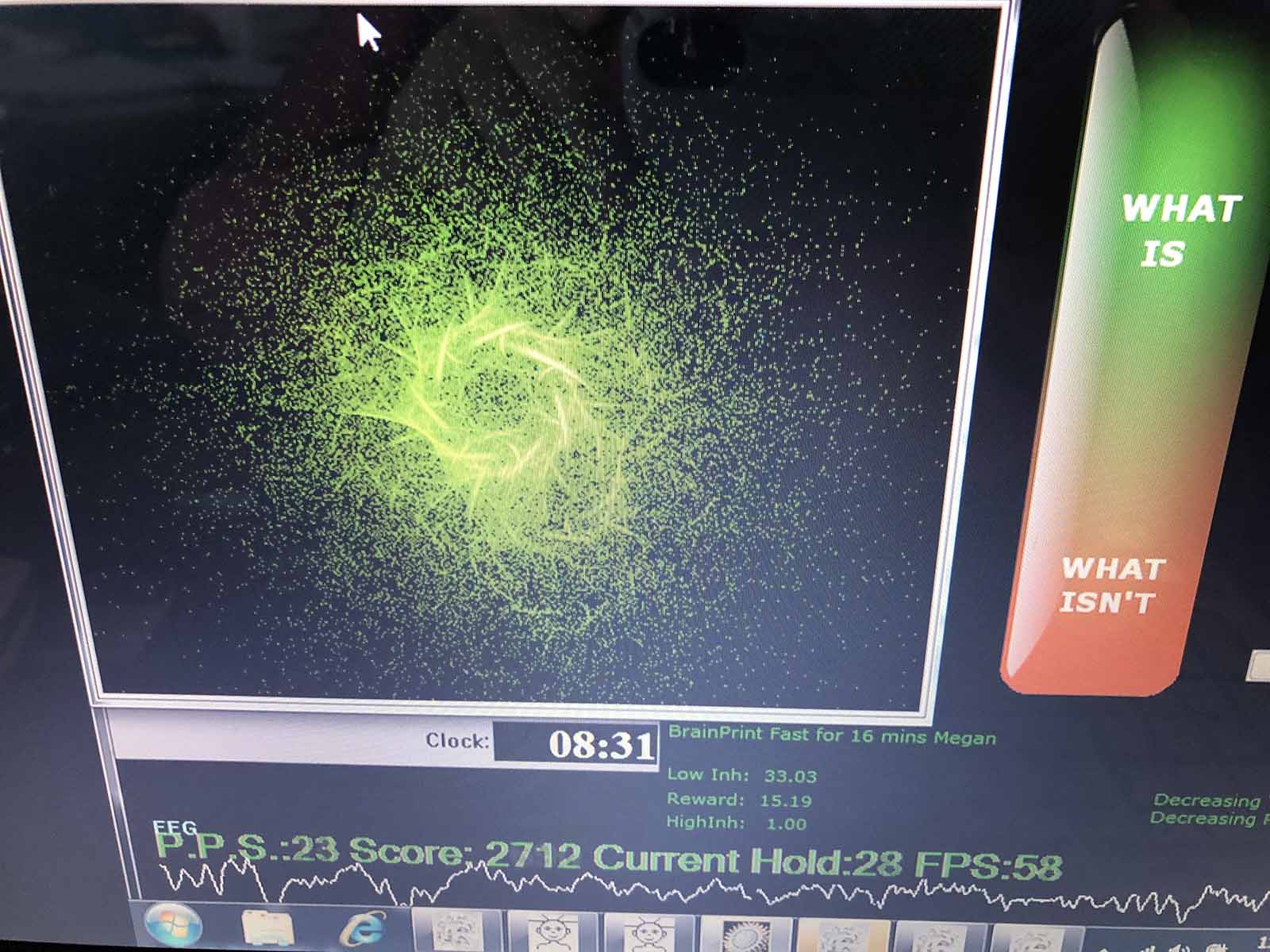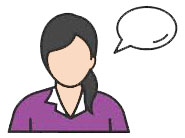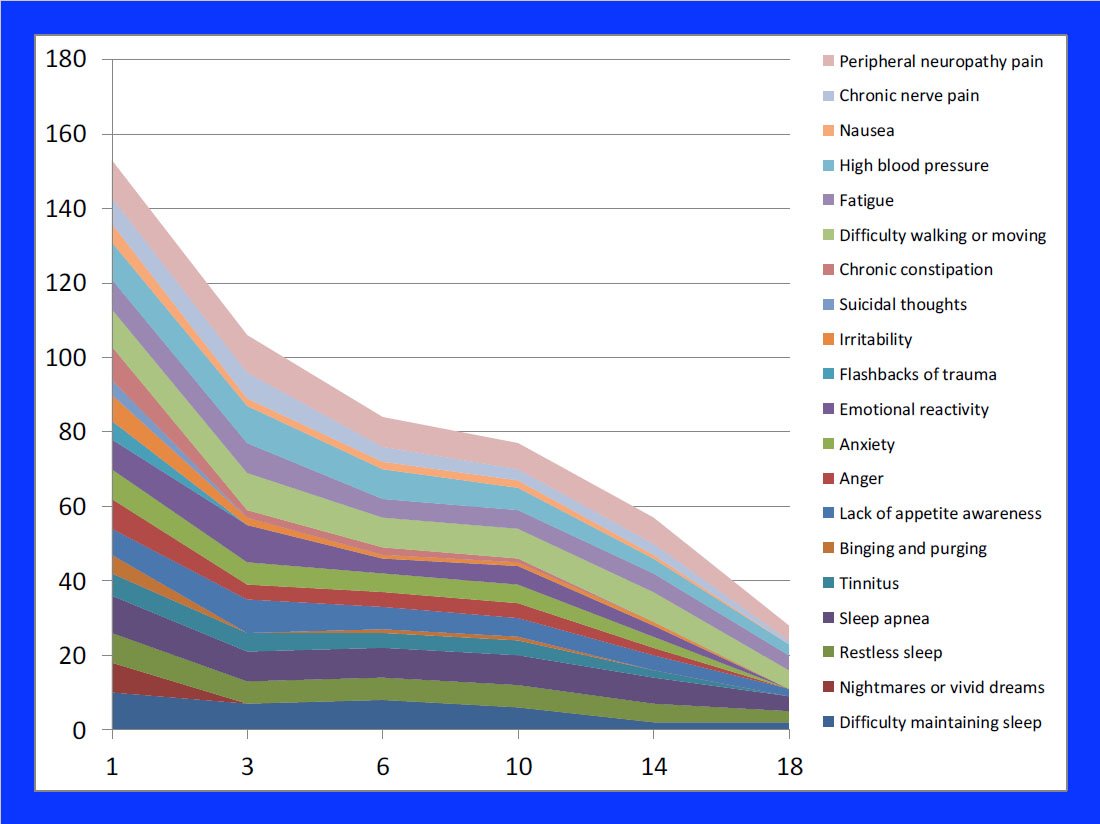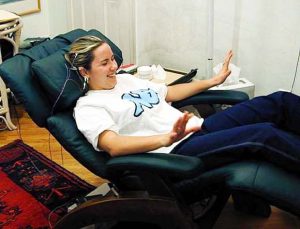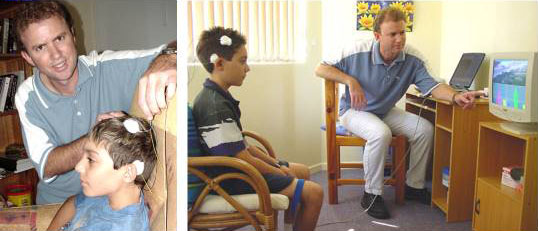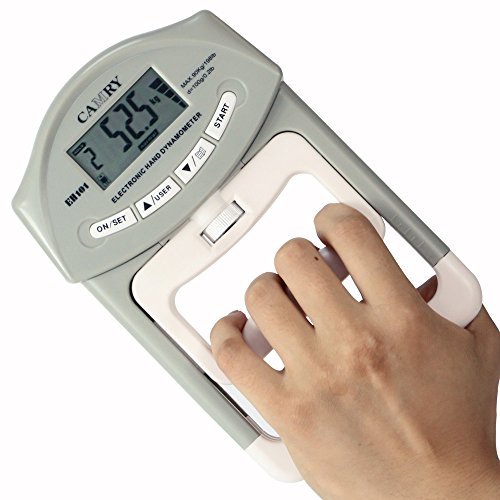ADHD Symptoms
ADHD can show many kinds of symptoms in both children and adults, including:
Inattention: Easily distracted. Doesn’t finish tasks. Procrastinates. Trouble focusing. Loses things. Trouble organizing. Doesn’t give attention to detail. Makes careless mistakes. Doesn’t seem to listen. Fails to finish work. Resists tasks that require sustained mental effort. Forgetful.
Hyperactivity: Fidgety. Runs around when not appropriate. Doesn’t enjoy sitting quietly. Talks excessively. After puberty: Feeling restless.
Impulsivity: Trouble waiting. Interrupts. Blurts responses.
These are the most common issues with ADHD Attention Deficit (Hyperactivity) Disorder. If you, or someone you love, has some of the traits in just one of these categories, read on.
ADHD is the most common psychiatric disorder in childhood. It seems to change form in adulthood. It is a bad disorder to have at any age. We see disruptions in school or work. Relationships and family can be disorganized. Those with ADHD are more likely to suffer all the tragedies of life: drug addiction, crime, divorce, suicide, chronic under-employment, etc.
ADHD tends to run in families. Babies only have slow brain waves. As we mature, our brain waves develop some faster patterns, too. But the ADD brain is immature. There are too many slow brain waves, especially in the front of the brain. While the brain may be under-aroused, ADHD can look and feel like way too much activity. Just because you can hyper-focus on an interest such as gaming, doesn’t mean you have good regulation over your powers of attention.
What you Want
Clients who are seeking treatment for ADHD are looking for a reduction in their symptoms. They want to be more focused and more calm. They want to be more organized, less overwhelmed, and better at listening. They want to feel more in control of their lives. They want to be successful in their endeavors with sufficient perseverance and attention to detail to get to the end with a win.
Drug Therapy for ADHD
Beware of using stimulant medication to control ADHD. Large long-term studies with children show that the only lasting outcome with stimulant medication in children is stunted growth. They found no improvement in grades, behavior, making friends, or any other variable that is sustained in the long run when on the pills for years.
Pills are a life sentence. They may begin to feel like a chemical bondage. We know that few people continue to take stimulant medication for all the years they would be prescribed. The long term effects of an increased heart rate cannot be good.
How Biofeedback Can Help with ADD/ADHD
EEG biofeedback training changes the underlying causes of ADHD at the site of the disorder within the brain. Neurofeedback trains the brain to become focused, calm and self-controlled.
There are gifts from ADHD such as creativity, intense focus, and spontaneous originality. These gifts are not removed with EEG biofeedback. Instead we see increases in productivity.
EEG biofeedback improves brain function by encouraging maturity where there are too many slow brain waves. In addition to better attention the side benefits include:
- Reduce or eliminate medications
- Boost in verbal IQ
- More nimble, talented and competent
- Improve cooperation
- Reduced mood volatility
- Better relationships with better friends
- Reduced tendency toward addictions and criminality
Please Contact Me
If this is an issue for you or someone you know, please contact me to learn if neurofeedback may be an appropriate treatment. We’ll talk briefly on the phone or chat via email and then set up a time to meet.
Research
Simple explanations in parent magazine by prominent clinician/researcher.
What Is Neurofeedback? A Game-Changing ADHD Treatment
https://www.additudemag.com/basics-neurofeedback-for-adhd/
Ineffectiveness of short-term drug therapy for ADHD
Short-term Intensive Treatment Not Likely to Improve Long-term Outcomes for Children with ADHD
https://www.nimh.nih.gov/archive/news/2009/short-term-intensive-treatment-not-likely-to-improve-long-term-outcomes-for-children-with-adhd.shtml
Ten studies agree that neurofeedback has durable results.
Sustained effects of neurofeedback in ADHD: a systematic review and meta-analysis.
European Child and Adolescent Psychiatry. 5 February 2018.
https://doi.org/10.1007/s00787-018-1121-4
Neurofeedback gets top ranking for treating ADHD
How the American Academy of Pediatricts reached the conclusion that EEG Biofeedback (Neurofeedback) is a level 1 evidence-based practice for Attention and Hyperactivity, and other recent evidence for the efficacy of Neurofeedback for ADHD
http://www.braintrainuk.com/wp-content/uploads/2013/07/How-AAP-reached-conclusion-other-recent-evidence-July-2013-V3.pdf
White paper on evidence of neurofeedback for ADHD.
The evidence-base for Neurofeedback as a reimbursable health care service to treat Attention Deficit/Hyperactivity Disorder. ISNR, 2013
https://docs.wixstatic.com/ugd/cba323_03f948eed3f74812ab54b8427d673006.pdf
“Biofeedback has been great for me.
It really worked to overcome my issues.”
“I have grown so much over the past 2 months.
This freedom is wonderful.”
“I used to have a slew of problems.
Those are gone now and I have moved on.”
“I used to have mental problems that would consume my life.
But now I’m just living a great life.”
“This is amazing. I feel so good every time we are done with a session.
Such a huge impact on my life. Thank you.”
“I can’t believe how much this biofeedback helped me overcome that head trash.
Life is so much better now.”
